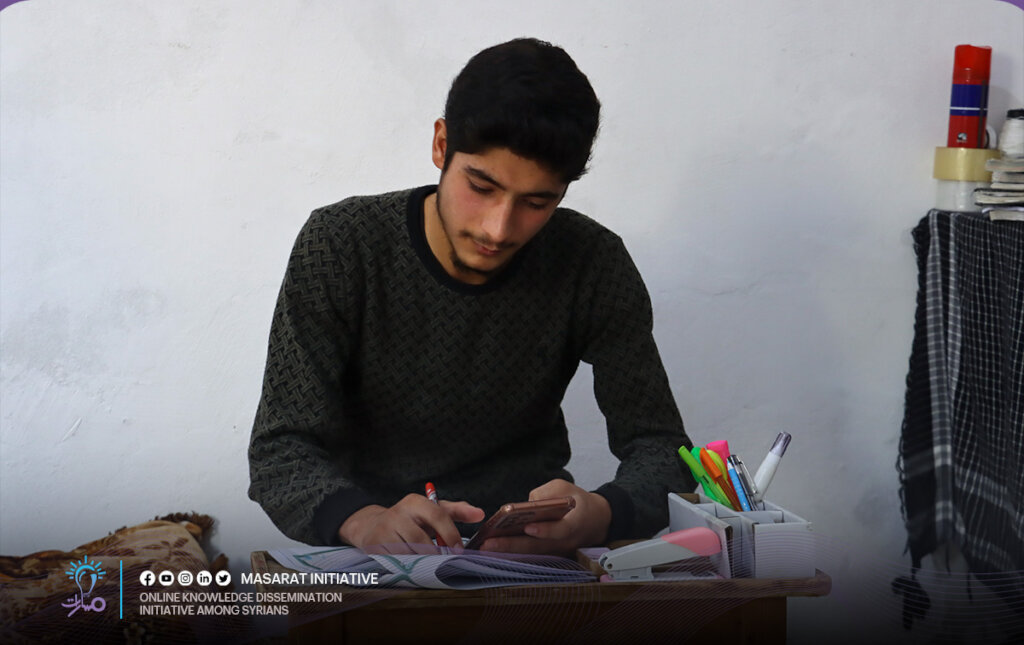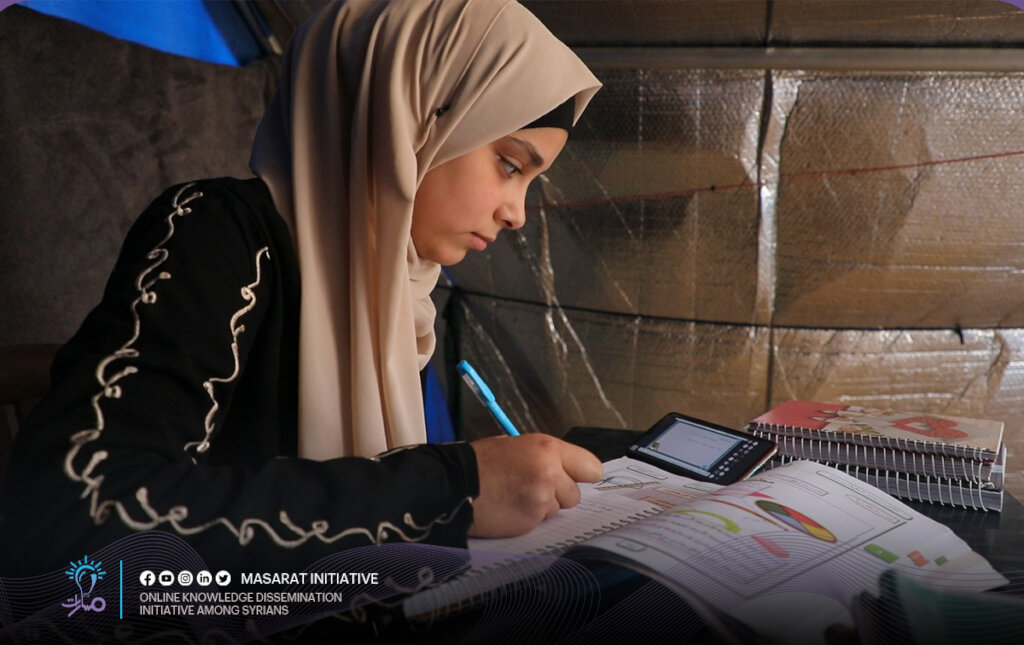In Islam, charity is a profound act of worship and an essential component of a Muslim’s faith. One of the most significant forms of charity is sadaqah, voluntary giving that purifies one’s wealth and soul.
The Prophet Muhammad (peace be upon him) said, “Charity does not decrease wealth” (Sahih Muslim).
This hadith encapsulates the spiritual richness that comes from giving, emphasizing that acts of charity bring blessings rather than diminishing one’s possessions.
In New Zealand, Muslims are actively engaging in various forms of sadaqah, contributing to the well-being of their communities and beyond.
Learn about Sadaqah’s importance in Islam, its benefits, and innovative donation methods for Muslims in New Zealand.
Understanding the Meaning of Sadaqah
Sadaqah encompasses any act of giving done with sincerity and without expectation of reward. It can be monetary, but it also includes acts of kindness, volunteering time, and offering support to those in need.
The core idea is to seek Allah’s pleasure by sharing one’s blessings with others, thus fostering a spirit of compassion and empathy within the community.
Exploring the Benefits and Power of Sadaqah
The benefits of sadaqah extend beyond the immediate relief it provides to recipients. For the giver, it serves as a means of spiritual purification, cleansing one’s wealth and earning Allah’s blessings.
It fosters a sense of community, reduces socio-economic disparities, and brings about social harmony. In New Zealand, the impact of sadaqah is visible in various community projects and initiatives that aim to uplift the less fortunate.
Charitable work in New Zealand extends beyond domestic social affairs to support initiatives outside the country.
One such initiative is the Masarat initiative, which provides free remote education to Syrian students who have been forced to leave their studies due to their circumstances.
This includes those with limited income, orphans, and people with disabilities.
Masarat initiative gains special importance due to the ongoing conflict in Syria, which has forced approximately 2.4 million students out of school and into labor inappropriate for their age to support themselves and their families.
The Role of Sadaqah in Hadith and Quran
The significance of sadaqah is emphasized in both the Hadith and the Quran.
The Quran mentions, “The example of those who spend their wealth in the way of Allah is like a seed of grain that sprouts into seven ears; in every ear there are a hundred grains” (2:261).
This verse highlights the exponential rewards of giving. Numerous hadiths also underscore the importance of charity, illustrating its profound spiritual benefits and the rewards it brings in this life and the hereafter:
- The Prophet Muhammad (peace be upon him) said, “Protect yourself from hell-fire even by giving a piece of date as charity” (Sahih Bukhari).
- “Every Muslim has to give in charity. If someone has nothing to give, let him work with his hands and benefit himself and also give in charity” (Sahih Bukhari).
- “Charity does not decrease wealth” (Sahih Muslim).
- “When a man dies, his deeds come to an end except for three things: Sadaqah Jariyah (a continuous charity), knowledge which is beneficial, or a virtuous descendant who prays for him” (Sahih Muslim).
These teachings emphasize that every act of charity, no matter how small, is valuable and beneficial.
Different Types of Sadaqah
Sadaqah can take many forms, from monetary donations to acts of kindness. It includes physical efforts like building shelters, providing food, and offering educational support.
In New Zealand, Muslims engage in various types of sadaqah, each tailored to address specific needs within the community.
Understanding the different types ensures that everyone can participate in charitable acts, regardless of their financial situation.
Muslims in New Zealand can donate to other registered charitable organizations to support common goals.
Giving is not limited to New Zealand but can also extend to communities and voluntary initiatives in other countries.
An example of this is the Masarat Initiative, which provides free education to poor students, orphans, and children with special needs in northern Syria, in partnership with the GlobalGiving Organization (501c).
Zakat and Sadaqah: Key Differences
While both zakat and sadaqah involve giving and play crucial roles in supporting the needy, they serve different purposes and have distinct rules.
- Zakat is an obligatory form of almsgiving,
- Zakat is calculated as a specific percentage of a Muslim’s savings and wealth,
- Zakat is one of the Five Pillars of Islam. On the other hand,
- Sadaqah is voluntary
- Sadaqah can be given at any time in any amount.
- Sadaqah is an additional act of generosity.
Making a Sadaqah Donation in New Zealand
Making a sadaqah donation in New Zealand is a straightforward process, with many organizations and online platforms available to facilitate contributions.
Local mosques, Islamic centers, and charitable organizations often run donation drives and campaigns, especially during significant times like Ramadan.
These efforts ensure that the charity reaches those who need it most.
Sadaqah Online: Impact
The advent of technology has made giving sadaqah more accessible than ever. Online platforms allow for quick and secure donations to various causes.
In New Zealand, the rise of online sadaqah has enabled Muslims to contribute to global initiatives and support local projects with ease.
This convenience has significantly increased the impact of charitable giving, allowing for broader participation and more substantial collective contributions.
Generous individuals in New Zealand can also donate to other registered charitable organizations to support common goals.
Giving is not limited to New Zealand alone, but donations can reach communities and volunteer initiatives in other countries.
An example of this is the Masarat Initiative, which provides free education to poor students, orphans, and children with special needs in northern Syria, in partnership with the GlobalGiving Organization (501c).
Who Deserves Sadaqah in New Zealand?
In New Zealand, sadaqah is directed towards various groups in need, including the homeless, refugees, and low-income families.
Islamic teachings emphasize the importance of giving to those closest in need, starting with family and extending to the broader community.
Understanding who deserves sadaqah helps in effectively channeling resources to those who can benefit the most.
Additionally, education is a field that anyone would be eager to support and donate to.
Therefore, Masarat Initiative offers you the opportunity to contribute to the educational projects it undertakes, giving you the chance to be donors who make a tangible difference in the lives of Syrian students and create a brighter future through education.
Sadaqah Jariyah: Meaning and Creative Ideas
Sadaqah jariyah refers to a continuous charity in Islam that provides ongoing benefits, even after the donor has passed away, ensuring lasting rewards.
Examples of sadaqah Jariyah all have a long-term impact on communities, include:
- building schools,
- funding scholarships,
- constructing wells,
- supporting orphanages,
Building on this concept, Muslims in New Zealand have a unique opportunity to contribute through the Masarat initiative by sponsoring the education of Syrian orphan students.
This initiative offers free online education to the most needy students in northwest Syria, making the sponsorship a sadaqah jariyah that not only lasts a lifetime but also paves the way for a brighter future for these students.
This continuous charity aligns perfectly with the ethos of creating lasting benefits, reinforcing the idea that even a single act of kindness can echo through generations.
Sadaqah Jariyah for Parents: Honoring Them
One of the most heartfelt ways to honor one’s parents is through sadaqah jariyah.
By dedicating charitable projects in their name, such as sponsoring educational programs or healthcare facilities, one can create a lasting legacy that brings continuous rewards to their parents.
In New Zealand, many Muslims honor their parents through such enduring acts of charity.
Unique Sadaqah Jariyah Gifts
Unique sadaqah jariyah gifts can range from establishing libraries to planting trees, each serving as a testament to the giver’s commitment to making a lasting difference.
In New Zealand, innovative projects like community gardens and renewable energy initiatives are becoming popular forms of sadaqah jariyah, ensuring sustainable benefits for the future.
Expanding on these opportunities, donors also have the option to directly impact the lives of Syrian orphans in northwest Syria through the Masarat initiative.
By sponsoring the education of an orphan, donors contribute to a form of sadaqah jariyah that provides lifelong benefits.
This act of charity not only educates but also uplifts entire communities, embodying the profound spirit of continuous giving in Islam.
Supporting Mosques with Sadaqah Jariyah
Supporting the construction and maintenance of mosques is a profound form of sadaqah jariyah.
Mosques serve as centers for worship, education, and community gatherings. Contributing to their upkeep ensures that these facilities continue to benefit the community.
In New Zealand, many mosques have been built and maintained through the generous sadaqah jariyah of the Muslim community.
Water Pump Sadaqah Jariyah: A Lifesaving Gift
Installing water pumps in areas lacking access to clean water is a lifesaving form of sadaqah jariyah.
These pumps provide a continuous supply of safe drinking water, preventing waterborne diseases and improving the overall health of the community.
In regions of need, including parts of New Zealand, such projects have a profound and lasting impact.
Sadaqah Jariyah vs. Sadaqah: Understanding the Difference
Understanding the difference between sadaqah jariyah and sadaqah is essential for maximizing the impact of one’s charitable efforts.
- While sadaqah provides immediate relief, sadaqah jariyah ensures ongoing benefits.
- Both forms are crucial, but sadaqah jariyah offers a means to create a lasting legacy of goodness that continues to generate rewards over time.
Masarat Initiative for Education and Youth Empowerment in Northern Syria
Driven by our humanitarian and societal duty, the Masarat Initiative was established to support children and youth in northern Syria in the areas of education, care, and other related services.
Our completely free initiative targets the most affected groups, such as orphans, individuals with special needs, those who have been out of education for extended periods, and residents of displaced persons camps.
Masarat Initiative is distinguished by opening the door for donations and humanitarian contributions for those who wish to support by paying their gold zakat to the initiative’s fund.
This support aims to aid our children, potentially opening a gateway to a future that rescues them from their current suffering and deprivation










